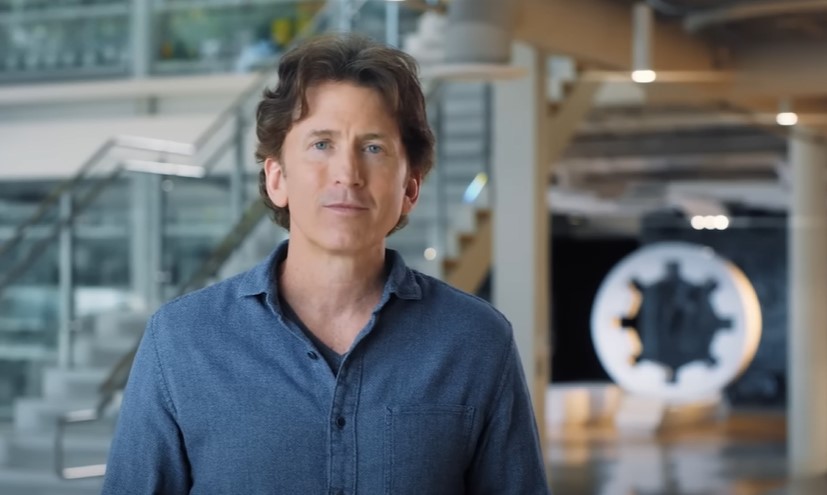Microsoft's Satya Nadella says if OEMs don't make Windows phones they will
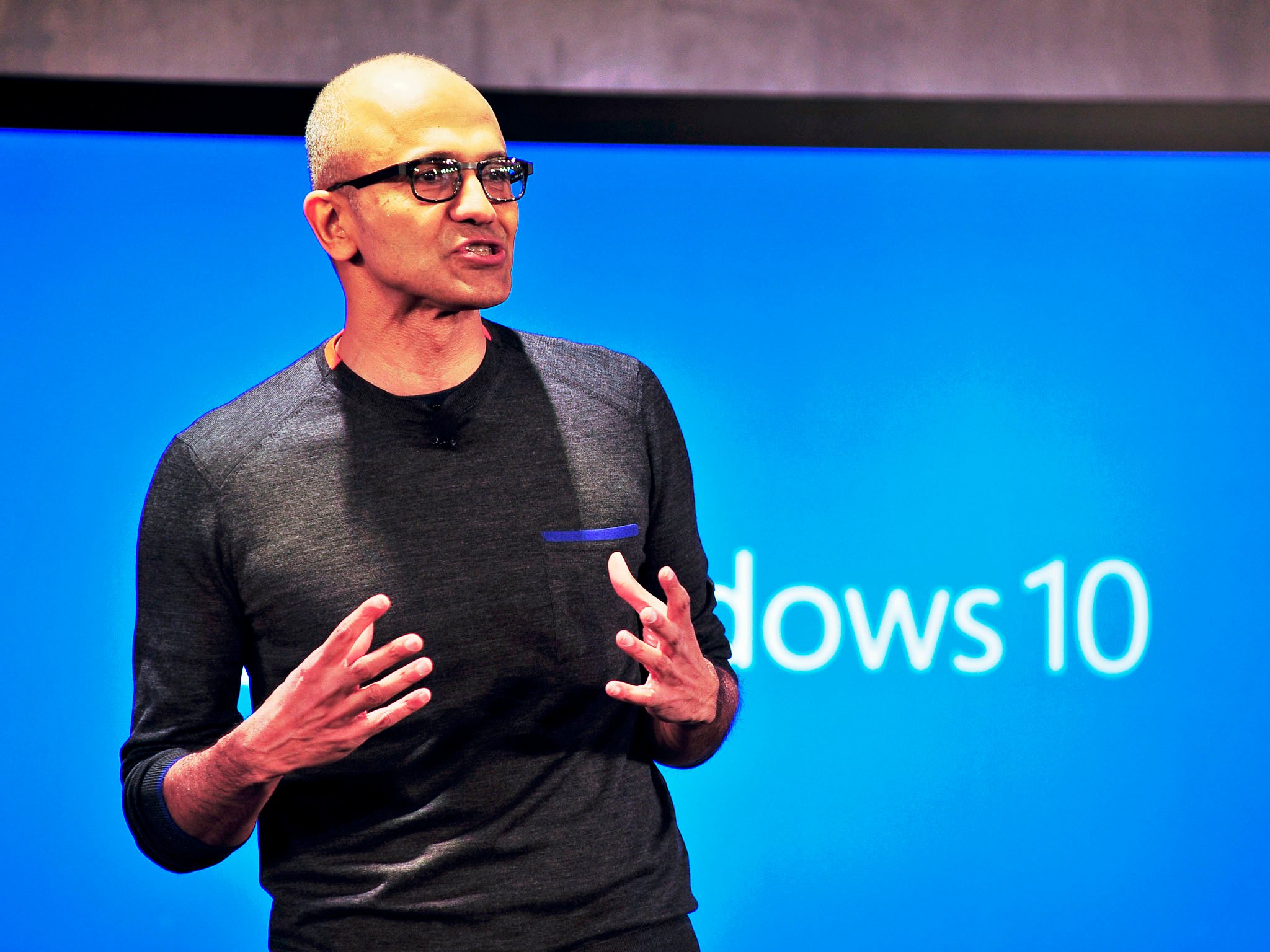
Microsoft had a rather significant event yesterday with their keynote at their Worldwide Partner Conference down in Florida. After the keynote, ZDNet's Mary Jo Foley was able to speak with Microsoft CEO Satya Nadella about Microsoft's strategy – and more importantly – plans for mobile.
The 30-minute transcribed interview is truly fascinating to read in its entirety. Nadella is very precise in his language, and it is clear he certainly has an impressive albeit abstract vision of the company and Windows 10 and Windows 10 Mobile. Although you should read the interview yourself, for now we are just focusing on one area that Foley focused on for a few questions: Windows Phone.
Much has been made of Microsoft's decision last week to cut back on Lumia models and to seemingly scale back investment on the consumer side of mobile. Some pundits are claiming that this is the beginning of the end while others like myself see this as a smart – and necessary – shift in strategy (see also my #AskDanWindows Episode 2).
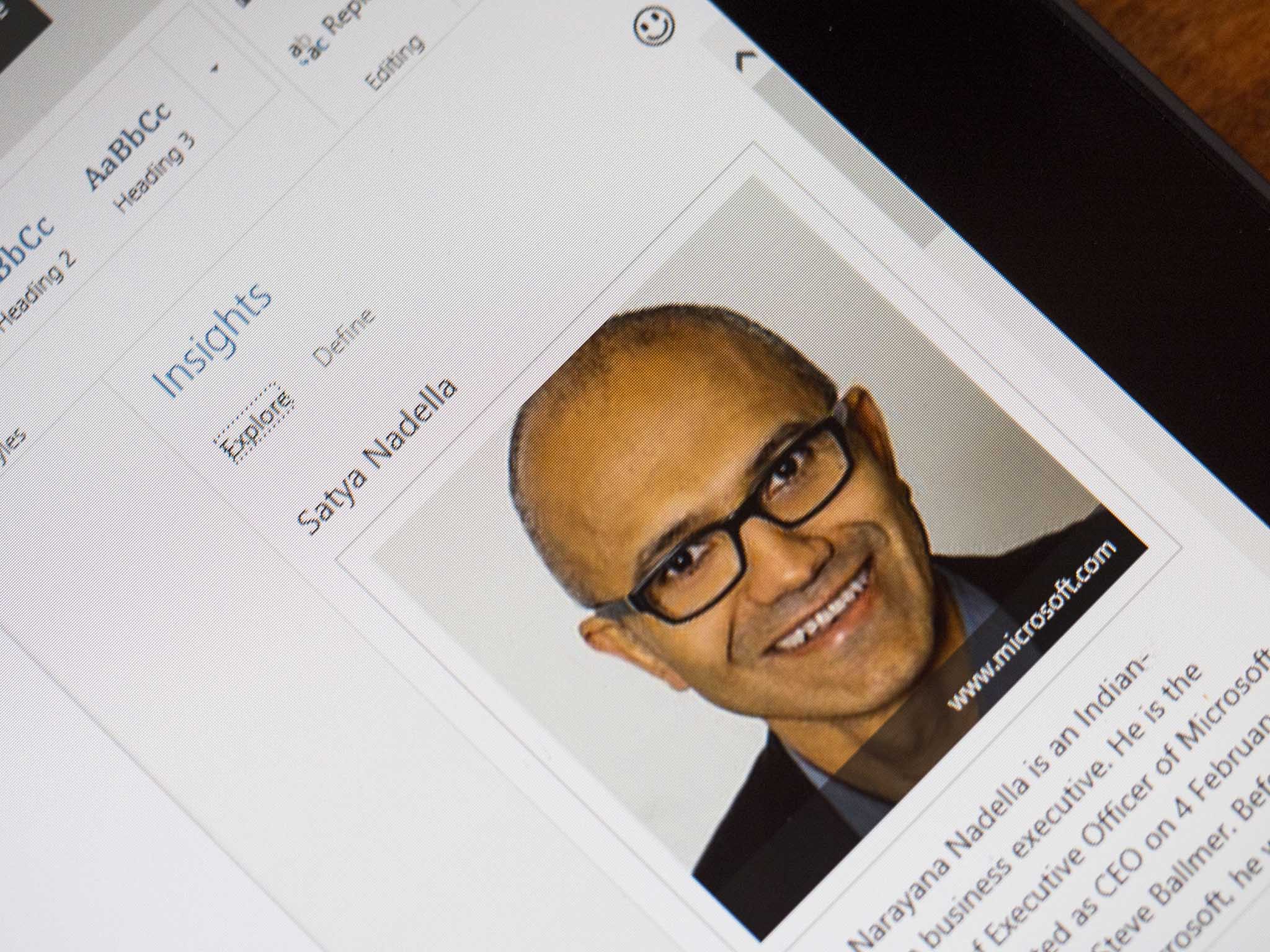
'We'll build them'
Microsoft's strategy appears to be the one I have put forth: let their OEMs build devices for Windows Phone. Foley asks about the highly interesting letter by Microsoft COO Kevin Turner, which mentions a Surface strategy being applied to mobile. Nadella's response is thought-provoking:
"If no OEM stands up to build Windows devices we'll build them. There will be Lumia devices. So I'm not afraid of saying, okay, it's all about the OEMs, or it's all about the ecosystem. It's about Windows. It is about the overall health of Windows and being grounded in any given day's reality, but having ambition of where the market is going versus being bound by current definitions."
Nadella reiterates the message later on:
"If there are a lot of OEMs, we'll have one strategy. If there are no OEMs, we'll have one strategy. We are committed to having the phones in these three segments. And I think the operational details will become clear to people as they see it."
Those three segments are Enterprise, budget phones, and flagship devices. My reading of Nadella's response is that Microsoft is committed to having Windows Phones now and in the future. Ideally, Microsoft's OEM partners build the bulk of those devices. However, if they do not step up, Microsoft fills that gap.
This mobile approach is the very same as the Surface one to bootstrap PC and two-in-one device manufacturing and sales. I think at this time, this is the right approach too.
All the latest news, reviews, and guides for Windows and Xbox diehards.
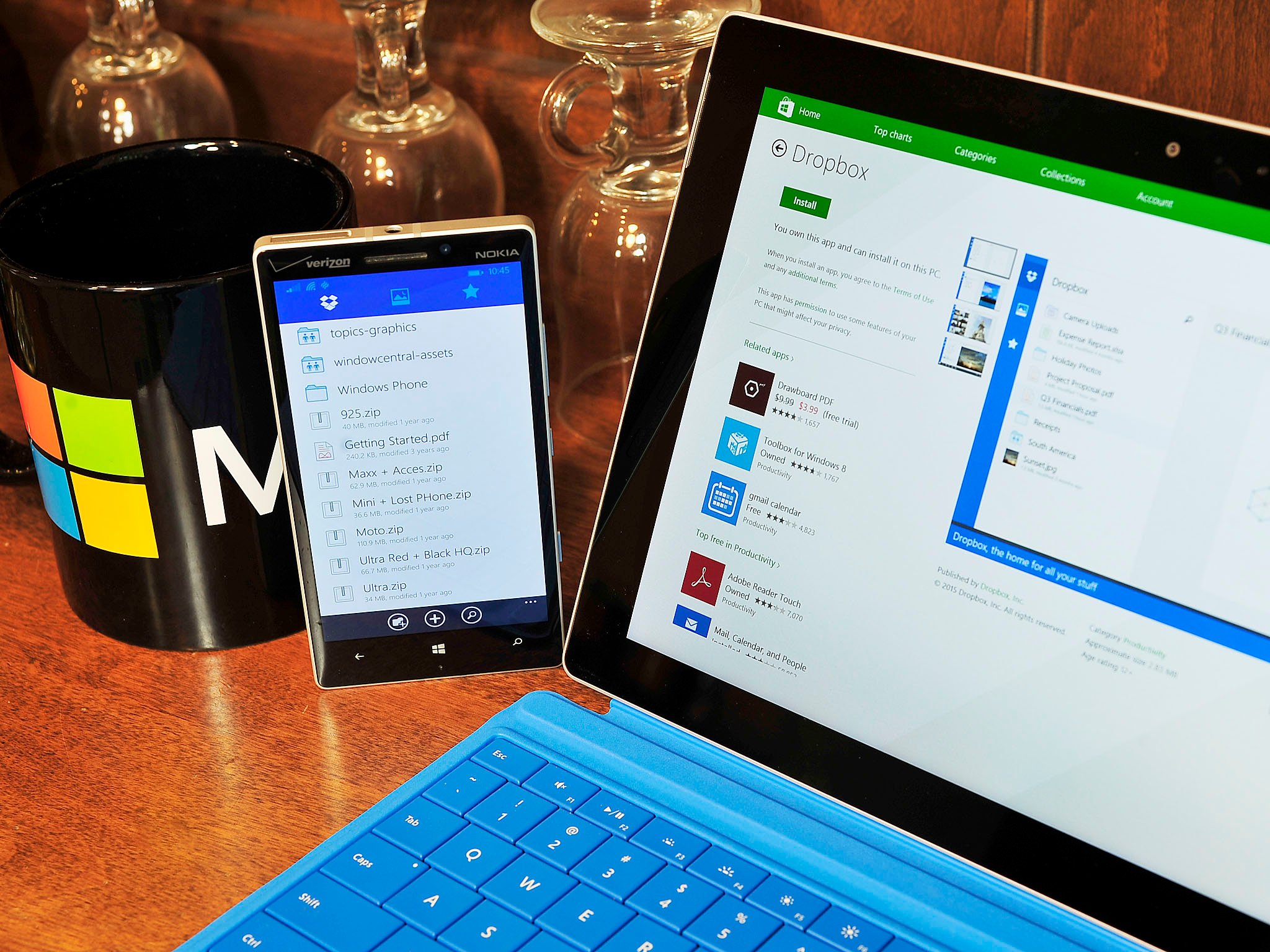
Universal apps and a 'path dependent' strategy
Later in the interview, Foley raises the issue in downplaying Windows Phone, and how it could affect Microsoft's Universal Windows Apps plans for Windows 10. Without a phone story, Windows 10 becomes a lot less attractive. Foley gets right to the point:
Q:"Why as a developer do I now want to build an app that runs on Windows Phone if there's going to be even fewer Windows Phones?"
Nadella answers with a not obvious but well thought out response. In short, developers do not want to build apps for Windows Phone , that is the point. However, they may wish to build an app for the millions of Windows desktop users. Once they commit to that, however, they are now on a path since they can easily add that app to Xbox, HoloLens or even Windows Phone:
"Universal Windows apps are going to be written because you want to have those apps used on the desktop. The reason why anybody would want to write universal apps is not because of our three percent share in phones. It's because a billion consumers are going to have a Start Menu, which is going to have your app. You start the journey there and take them to multiple places. Their app can go to the phone. They can go to HoloLens. They can go to Xbox. You talk to somebody like Airbnb. It might be more attractive, given our three percent share on phone, for them to actually build something for the desktop and for the Xbox.""And by the way, when we hook them on that, we have a phone app. This strategy is path dependent, which is a term I use that means where you start is not where you end up. And therein lies a lot of the nuance. The fundamental truth for developers is they will build if there are users. And in our case the truth is we have users on desktop."
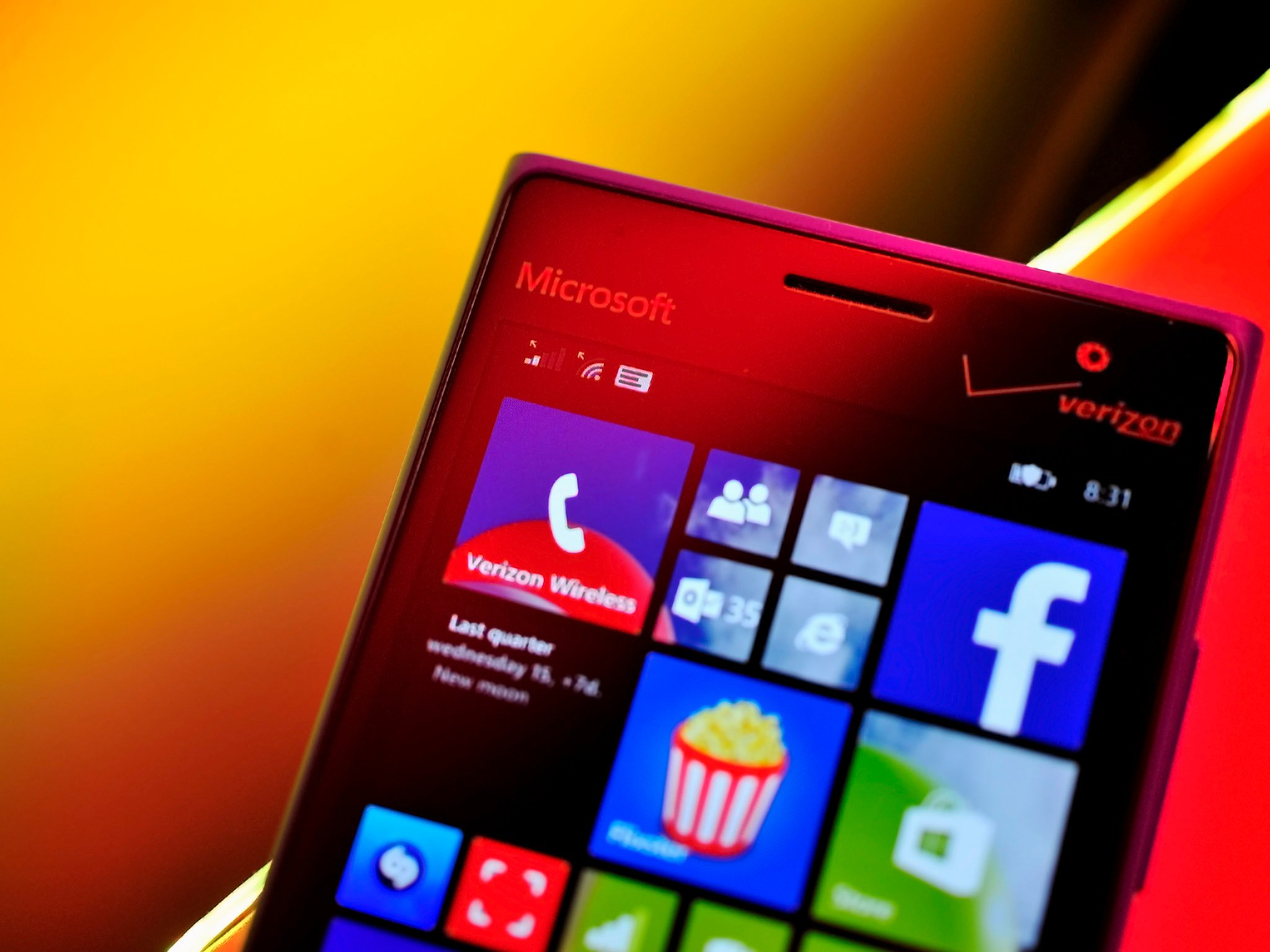
This point is exactly what I mentioned on Friday. Developers still won't want to make apps for Windows Phone, but that is okay since they can go for millions of users on the desktop. Since the Universal Windows app tools allow a one app package, companies can just as easily publish their app to Windows Phone. After all, why not? It costs them nothing, and they can grab a few million more users.
Mind you, this is still a big risk. Microsoft is assuming that developers want to make apps for Windows 10. This desire has yet to be demonstrated, and it all hinges on that point. If companies still do not see a value in making Windows 10 apps, then the phone is very much dead. The bet here is on millions of Windows 7 and Windows 8 users taking Microsoft up on that free Windows 10 update, which is just a means to an end: the Windows 10 Store.
Is that chancy? You bet. However, leveraging Microsoft's strongest point – the desktop OS – is the smartest path to success. Stop trying to win on the phone directly when you can do it indirectly.
Nadella clarifies and reinforces this strategy as Foley presses him more:
"Because all of this comes down to how are you going to get developers to come to Windows. If you come to Windows, you are going to be on the phone, too. Even if you want to come to Windows because of HoloLens, you want to come to it because of Xbox, you want to come to the desktop, all those get you to the phone. It's not about let's do head-on competition. That will never work. You have to have a differentiated point of view."
When I hear from developers now that the outreach budgets to make Windows Phones apps has been slashed, which is true, by the way, it makes sense in this context. Why bother sinking money in getting Windows Phone specific apps when you are betting on all of Windows 10? It is about the big picture here.
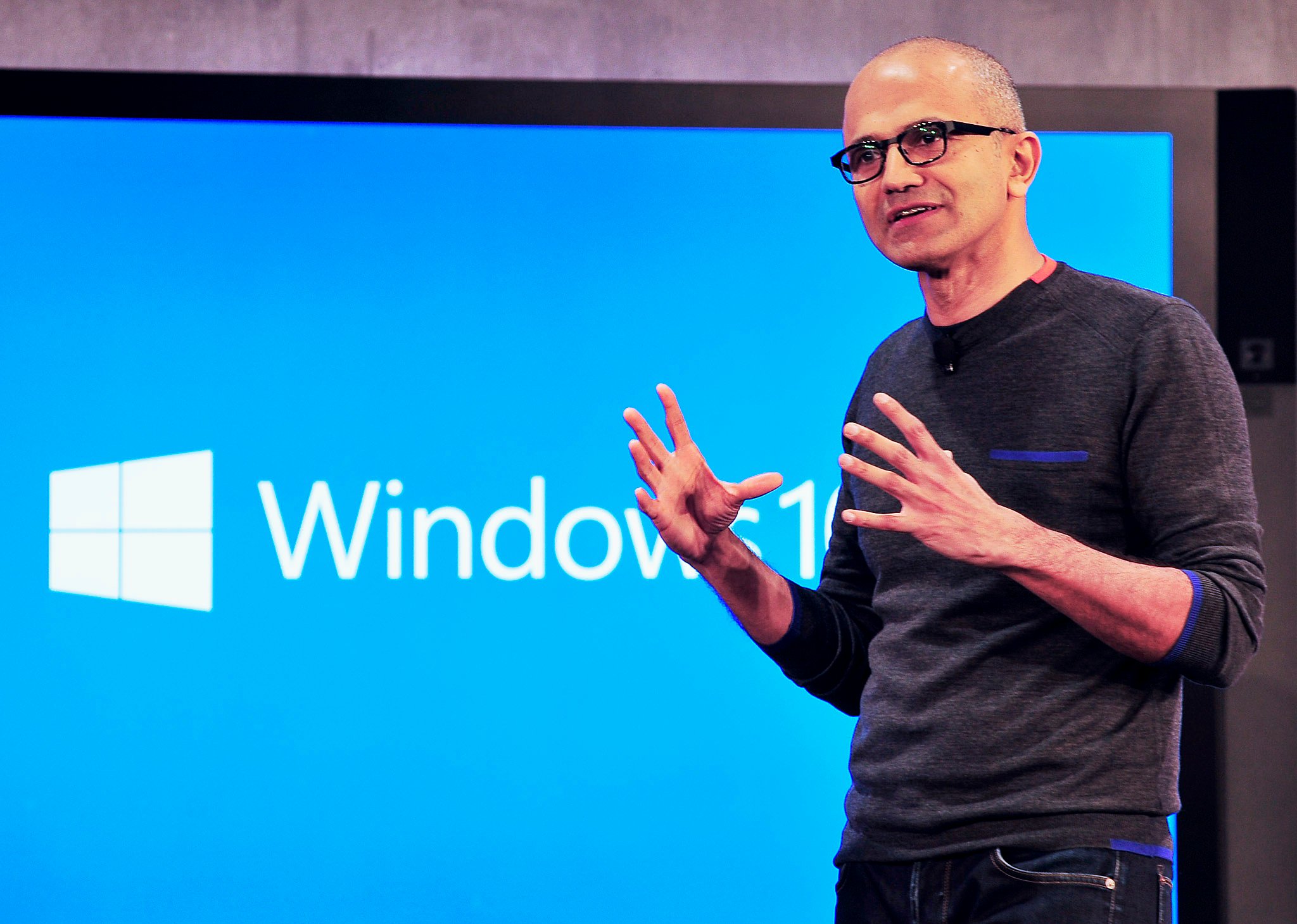
"When I think about our Windows Phone, I want it to stand for something like Continuum."
Finally, Nadella also brings up Continuum, something that he claims is his favorite part of Windows 10 and Windows Mobile (and mobile, with a lowercase). Nadella does not see Microsoft competing head on with Apple or Android for smartphones. In that sense, yes, Microsoft is giving up at least on the traditional model.
Nadella though is focusing on the next era, what comes after smartphones. His vision and answer to this is Continuum, or broadly speaking the idea that your device adjusts to your environment. For PCs, this is the ability to remove a keyboard and switch to tablet mode. For a phone, this is the capacity to attach a mouse, keyboard and display to make it run Universal apps like a computer. Here is how Nadella talks about it:
"Therefore, we have to be on the hunt for what's the next bend in the curve. That's what, quite frankly, anyone has to do to be relevant in the future. In our case, we are doing that. We're doing that with our innovation in Windows. We're doing that with features like Continuum. Even the phone, I just don't want to build another phone, a copycat phone operating system, even.""So when I think about our Windows Phone, I want it to stand for something like Continuum. When I say, wow, that's an interesting approach where you can have a phone and that same phone, because of our universal platform with Continuum, and can, in fact, be a desktop. That is not something any other phone operating system or device can do. And that's what I want our devices and device innovation to stand for."
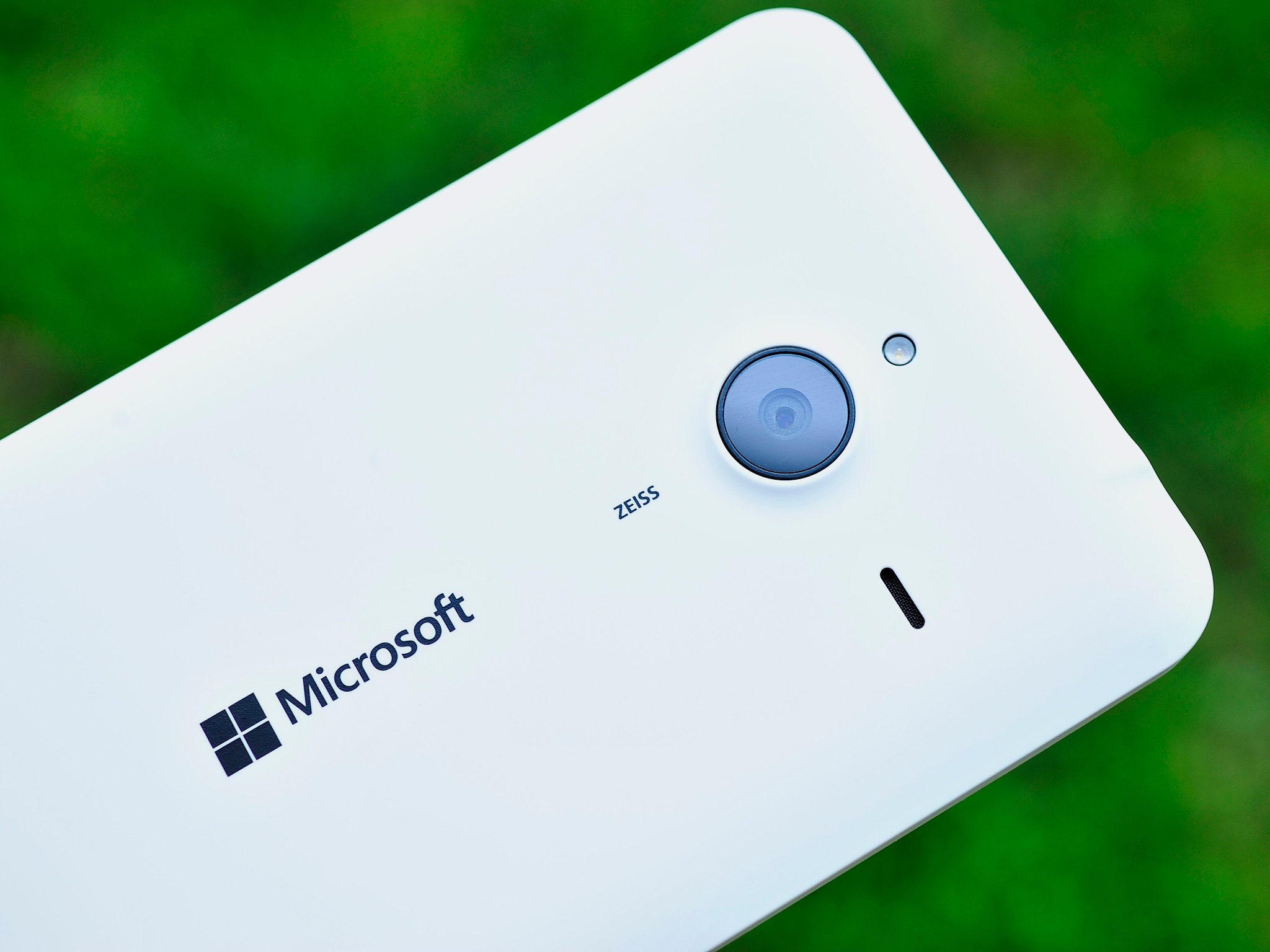
The Intel Windows Phone gambit
We have already seen what Continuum for phones brings when Microsoft's next flagships launch this fall. However, what about going further? Someone asked me about "Intel-powered phones" and if I thought they were coming.
I can now answer you: yes , early next year. Microsoft does have an Intel plan in the works. Would that make a good use of the Surface brand once you have an x86 phone that can be a true computer?
Perhaps it would, perhaps it would.
Source: All About Microsoft (ZDNet)

Daniel Rubino is the Editor-in-chief of Windows Central. He is also the head reviewer, podcast co-host, and analyst. He has been covering Microsoft since 2007 when this site was called WMExperts (and later Windows Phone Central). His interests include Windows, laptops, next-gen computing, and wearable tech. He has reviewed laptops for over 10 years and is particularly fond of 2-in-1 convertibles, Arm64 processors, new form factors, and thin-and-light PCs. Before all this tech stuff, he worked on a Ph.D. in linguistics, performed polysomnographs in NYC, and was a motion-picture operator for 17 years.
